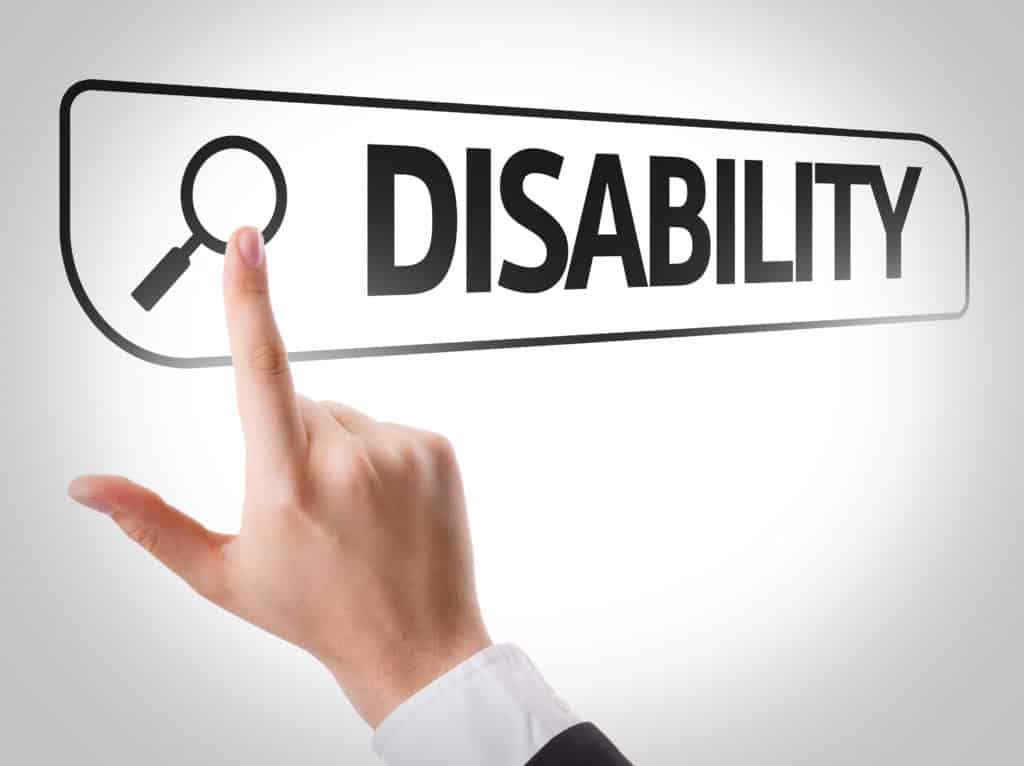Today, July 26, 2021, marks the 31st anniversary of the Americans with Disabilities Act (ADA). This Act was signed into law on July 26, 1990. July is also Disability Pride Month. To celebrate individuals with disabilities, we share 4 ways that the Americans with Disabilities Act can help you if you have a disability.
Keep in mind that different disabilities require different inclusive practices. At All Trades, we want to make sure that everyone feels included so we focus on some of the key issues benefits of the Americans with Disabilities Act.
4 Ways Americans with Disabilities Act Can Help You
Americans with Disabilities Act is significant in our history because this law recognizes that discrimination based on one’s abilities is wrong. It also recognizes that those with disabilities should have the same rights as those without disabilities. That is, regardless of your ability, you should be able to have access to different areas of life, including employment.
That being said, here are the 4 ways that the ADA can help you if you have a disability.
1. The ADA prohibits discrimination based on disability
Discrimination of any kind is wrong. With the Americans with Disabilities Act, any form of discrimination based on one’s abilities or disabilities is prohibited. So for example, if you’re thinking of working at any place of employment where your blindness, deafness, or inability to walk are seen as issues, this aspect of the law would come into play.
That’s because the workplace and employers should recognize that everyone has skills and abilities that they can share and use. Your deafness, blindness, or other disability should not, according to the law, stop you from being able to be employed. So, if you have a disability, then it’s against the law for you to be discriminated against based on your disability.
2. The Americans with Disabilities Act recognizes that inclusion matters
Haben Girma, a disability rights activist writes in her book Disability Visibility writes, “Disability is not something an individual overcomes, I’m still disabled. I’m still Deafblind. People with disabilities are successful when we develop alternative techniques and our communities choose inclusion.” The focus on prohibiting discrimination is based on encouraging people and places to be inclusive. Inclusion is based on the idea that everyone should have the same opportunities when it comes to accessing a service or place.
For example, inclusive practices would be things like having a ramp for those on wheelchairs, or if you’re in marketing, including captions on videos. Inclusion recognizes that ableism is an issue. Ableism is the centering of those with disabilities in everyday life. An example of ableism is assuming that a video doesn’t need to include captions because captions are just “extra.”
3. The ADA recognizes the needs for accommodations
Another term for inclusive practices is accommodations. Accommodations are changes to a place or position that acknowledges disabilities That is rather than ignoring disabilities, accommodations tackle this issue head-on. For example, if you’re submitting a job application and you have low eyesight then, the Office of Disability Rights suggests that your potential employer try accommodations like “large print, tape text, electronic documents or braille.” For those with hearing impairments, the Office of Disability Rights suggests captioning or ASL interpreters. The reason that accommodations are needed is so that if you have a disability, you’re included in the workplace.
4. The ADA recognizes invisible disabilities
Finally, the Americans with Disabilities Act recognizes that not are disabilities are visible. As Heidi Cullinan, the musician writes in her book Carry The Ocean, “When you have an invisible disease, your sickness isn’t your biggest problem. What you end up battling more than anything else, every single day, is other people.” For example, disability isn’t limited to those on wheelchairs, those who are deaf, or those who are blind. Instead, it can include individuals with invisible disabilities.
This includes people who are neurodivergent. Examples of neurodivergence include autism, Tourette’s Syndrome, and dyslexia. This also includes those with mental illnesses, and those with other “invisible” disabilities. What this means is that even if your employer can’t physically see your disability, they still need to implement inclusive practices should there be a reasonable request from you.
All Staff Trades Can Help You If You’re In Utah
At All Staff Trades, we recognize that people with disabilities matter. Our core values include things like integrity and accountability. What this means is that we recognize that everyone should have the same access to different opportunities. We also recognize that ableism is harmful to creating an inclusive workplace. We recognize that workplace practices should be inclusive. That’s why we’ll discuss accessibility and accommodations with you.
If you’re not sure how the Americans with Disabilities Act policy can apply to you during your job search, contact us at (801) 313-1234 if you’re in Salt Lake City, Utah. If you’re in Ogden, reach out to us at 801-399-1234. We would love to help you with your job search!



Leave a Reply